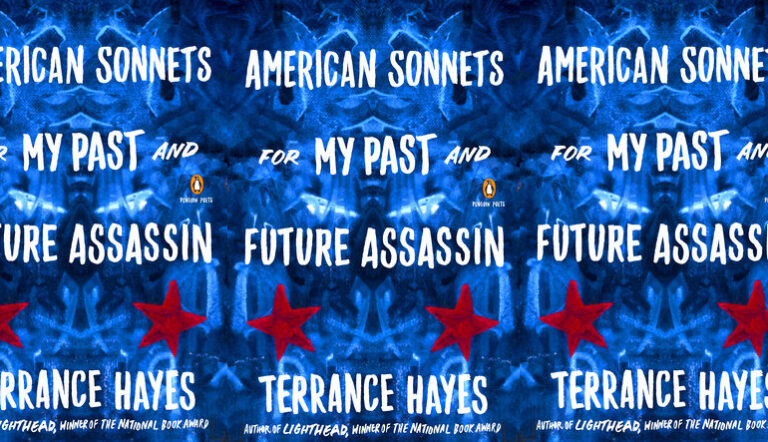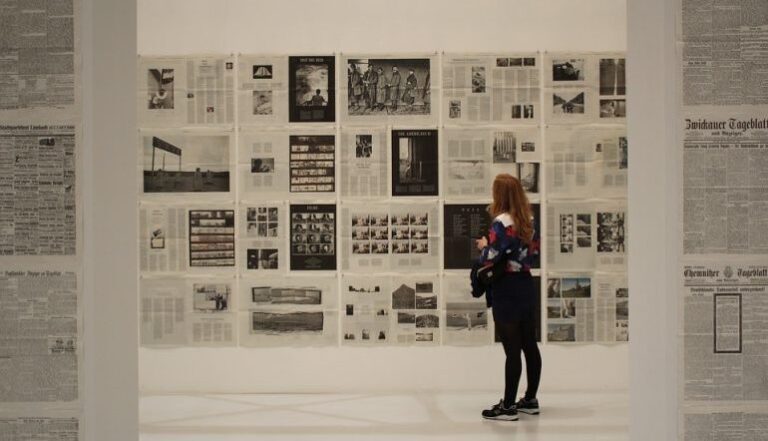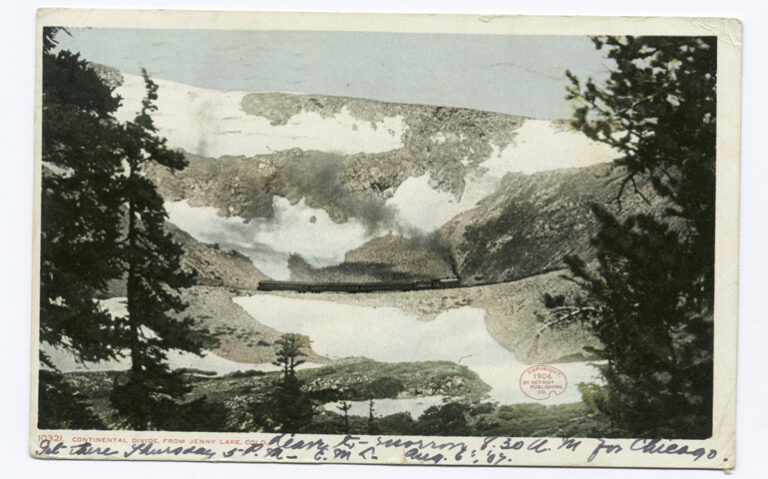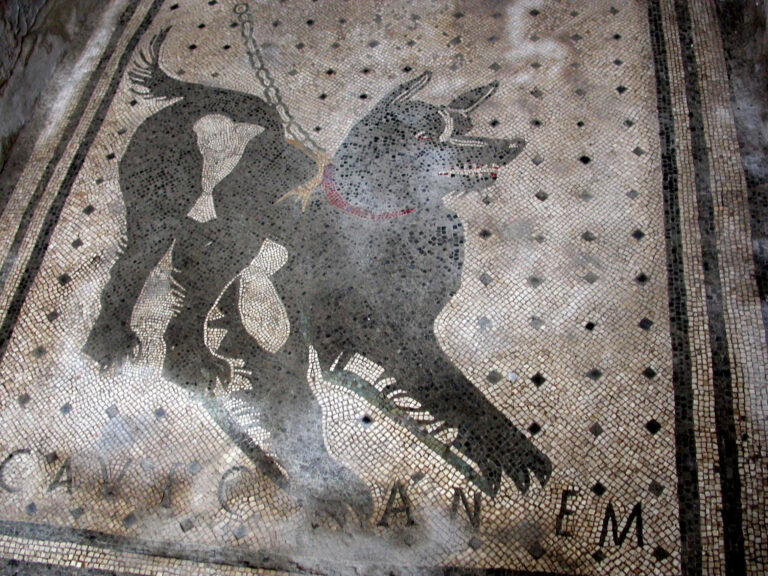Decolonizing Poetic Form
There’s no such thing as a singular “poetic tradition.” To suggest otherwise is horrendously erasive of the myriad poetic traditions, many of them oral, belonging to the world’s diverse cultures.

There’s no such thing as a singular “poetic tradition.” To suggest otherwise is horrendously erasive of the myriad poetic traditions, many of them oral, belonging to the world’s diverse cultures.

If there is an equivalent of the artist’s statement in poetry, it’s the ars poetica. Latin for “the art of poetry,” the ars poetica shows up as early as Horace, in 19 BC, and most poets since, it seems, have written at least one.

Hayes and Moss offer us a very different kind of engagement with literary forebears; their responses perhaps recognize how those forebears have unequivocally shaped contemporary poetry, but they also identify the canon as an imperfect, exclusionary artifice and insist that there is not a single literary tradition.

I conducted short interviews with a group of hotshot poets, scholars, and critics to help out. I invited them to nominate an American poem they think is underrated—a poem they wish more people loved and taught, a poem that might be for many an unknown unknown.

Like any literary form or rule, the poetry reading raises questions regarding subjectivity and context: whose conventions are these, what do they enable, and how do they suit the projects at hand?
No products in the cart.